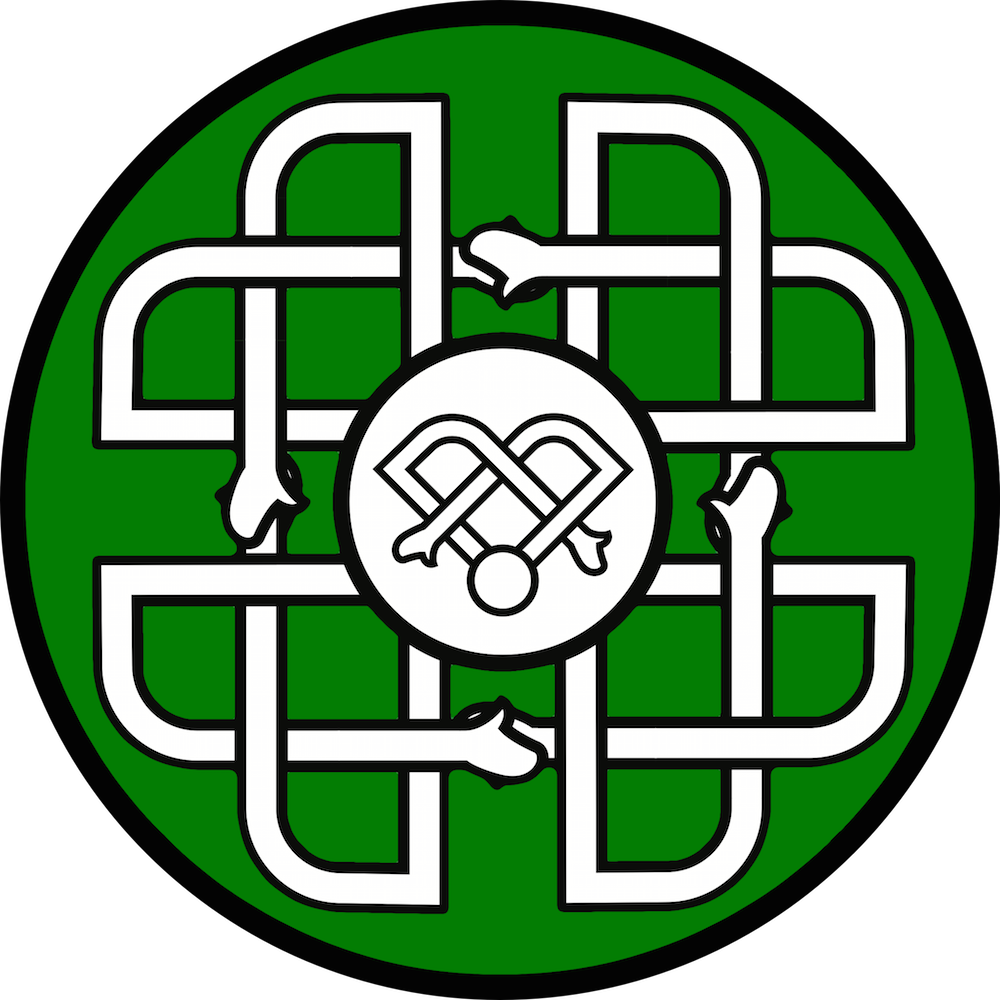TCRG Examinations
General & Eligibility
To become a candidate in the WIDA examination process, you must first be an affiliate of the organisation. This does not preclude anyone taking part in our open platform competitions upon meeting entry criteria that may be required. The candidate must be at least 16 years of age (on date of exam) to attempt the first part of the Step Dance Teacher examination (TCRG) and at least 18 years of age (on date of exam) to attempt part 4 of the TCRG and receive their TMRF certificate. Candidates can apply at www.irish.dance. The fee for each part of the examination is EUR 100 (total of EUR 400 for all four parts). The fee, once paid, is non-refundable*.
New teachers/affiliates must embark on their TCRG and/or TMRF exams within 2 years of joining the organisation (ie attempt at least one part of either exam process).
After successful completion of each TCRG or TMRF part, a candidate has a period of three years in which to attempt the further part (either the next in that exam process, or the first of the other); otherwise the previous part will expire and will need to be repeated. For example, after successful completion of TCRG 1, a candidate must attempt either TCRG 2 or TMRF 1 within 3 years to avoid the expiry of that part.
In order to avoid situations in which dancers could dance against their teachers in competition, the following applies:
After having achieved the second part of the TCRG exam, teachers are no longer allowed to participate in solo competitions or solo championships.
On completion of TCRG part 4, teachers are no longer allowed to participate in either solo or team competitions or championships.
Please also note that there is no change on completion of the TMRF exams; teachers who have completed the TMRF exam are still allowed to participate in any competitions.
*Fee is non-refundable unless the exam session has been cancelled by WIDA, in which case it can be deferred to a following exam session or refunded.
Syllabus
TCRG Part 1
The candidate must be able to dance and teach the following 7 dances:
Beginner Light Reel (32 bars)
Beginner Light Jig (32 bars)
Beginner Slip Jig (32 bars)
Beginner Single Jig (32 bars)
Beginner Hornpipe (32 bars)
Beginner Treble Jig (32 bars)
St. Patrick’s Day (30 bars)
The candidate may be asked to demonstrate/explain/teach particular moves/techniques. Steps taught/danced must be level-appropriate.
TCRG Part 2
The candidate must be able to dance and teach the following 6 dances:
Primary Light Reel (32 bars)
Primary Slip Jig (32 bars)
Primary Hornpipe (32 bars)
Primary Treble Jig (32 bars)
The Blackbird (30 bars)
Jockey to the Fair (30 bars)
The candidate may be asked to demonstrate/explain/teach particular moves/techniques. Steps taught/danced must be level-appropriate.
TCRG Part 3
The candidate must be able to dance and teach the following 7 dances:
Intermediate/Open Light Reel (32 bars)
Intermediate/Open Slip Jig (32 bars)
Intermediate/Open Hornpipe (32 bars)
Intermediate/Open Treble Jig (32 bars)
Job of Journeywork (30 bars)
Garden of Daisies (32 bars)
King of the Fairies (32 bars)
The candidate may be asked to demonstrate/explain/teach particular moves/techniques. Steps taught/danced must be level-appropriate.
TCRG Part 4
Dance Examination
The candidate must prepare (be able to dance) six modern set choreographies from the Modern Set list attached to submit to the examiners. The examiners will select three of these dances for the candidate to dance. At least one of the requested dances will be in Hornpipe timing and at least one will be in Jig timing. None of the six submitted dances can be a traditional set dance, e.g. St. Patrick’s Day. Minimum Jig set speed: 66, Minimum Hornpipe set speed: 76.
Candidates will also be required to dance the following traditional sets: Three Sea Captains, White Blanket, The Hunt.
Music Examination
The candidate must identify twenty set dance tunes, their timing and the numbers of bars in the step and set. Candidates will only be awarded points for correct timings and numbers of bars in the step and set if they have provided the correct set dance name. Candidates will also be expected to identify 5 other Irish Dance tunes (i.e. reel, light jig, slip jig, single/hop jig, treble/heavy jig, hornpipe) and their timings.
The modern and traditional set tunes in the written music examination come from the Competition Syllabus (Modern Set Tunes).
The following tunes will be included in the Music Examination from 2018: Planxty Hugh O'Donnell, Little Heathy Hill, Battle of Arklow, Planxty Irwin, Donegal Rambler, Ri Laoise and O'Doherty's Keep.
Rules Examination
Candidates will be required to complete a written examination paper of 20 questions on WIDA rules. The version of the WIDA rules available on the WIDA website at the time of the examination will be used as the basis for this written part of the examination process.
Candidates will have one hour to complete the examination paper. When English is not the first language of the candidate a dictionary is allowed to be used at the discretion of the examining panel and also an extension of the time to complete the written paper may be granted.
Candidates must achieve a pass mark of at least 70% in all three of the Dance, Music and Rules examinations in order to be awarded Part 4 of the TCRG diploma.
Upon satisfactory and successful completion of the four parts of the Step Dance Teacher examination, the candidate will be awarded their TCRG certification with the World Irish Dance Association.
For more information check the Guidelines for TCRG/TMRF candidates.
